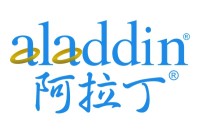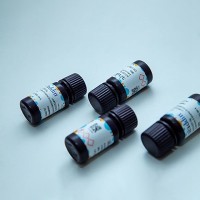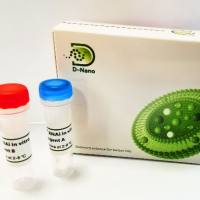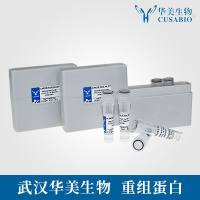Immunogenicity of In Vitro Maintained and Matured Populations: Potential Barriers to Engraftment of Human Pluripotent Stem Cell Derivatives
互联网
互联网
相关产品推荐

JC-1,47729-63-5,A cationic, fluorescent, carbocyanine dye that can be used as a ratiometric indicator of mitochondrial potential δΨm in cells, tissues, and isolated mitochondria.,阿拉丁
¥3987.90

EmbryoMax™ 青霉素-链霉素溶液,100X,用于细胞培养, The EmbryoMax Penicillin-Streptomycin Solution, 100X is available in a 100 mL format and may be used for routine mouse embryonic stem cell culture applications.,阿拉丁
¥174.90

CALNP RNAi in vitro RNAi转染试剂
¥500

IL-2重组蛋白|Recombinant Human IL2 Protein
¥1080

TRPM8/TRPM8蛋白Recombinant Human Transient receptor potential cation channel subfamily M member 8 (TRPM8)-VLPs重组蛋白Long transient receptor potential channel 6;LTrpC-6;LTrpC6;Transient receptor potential p8;Trp-p8蛋白
¥3780
相关问答

